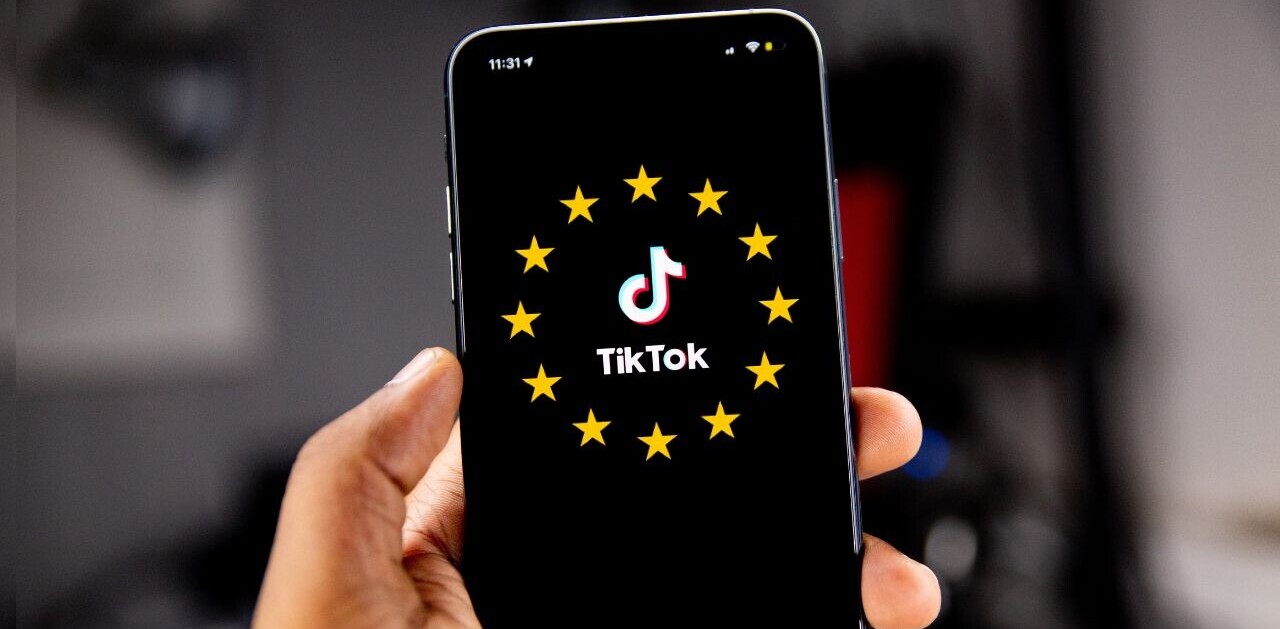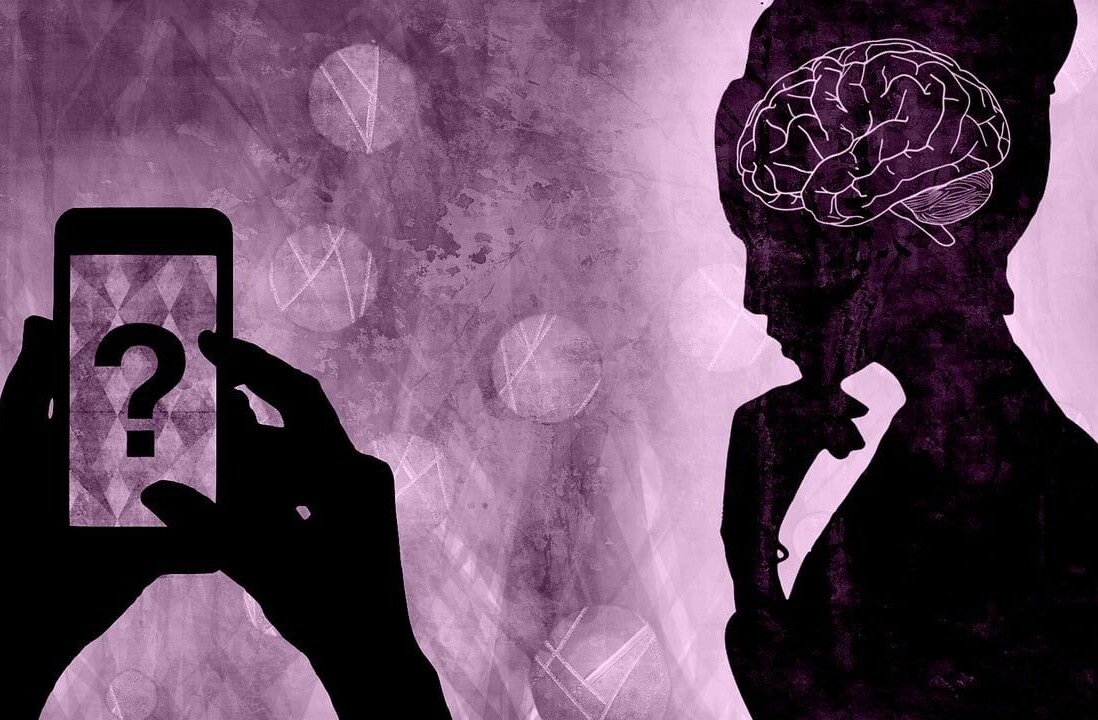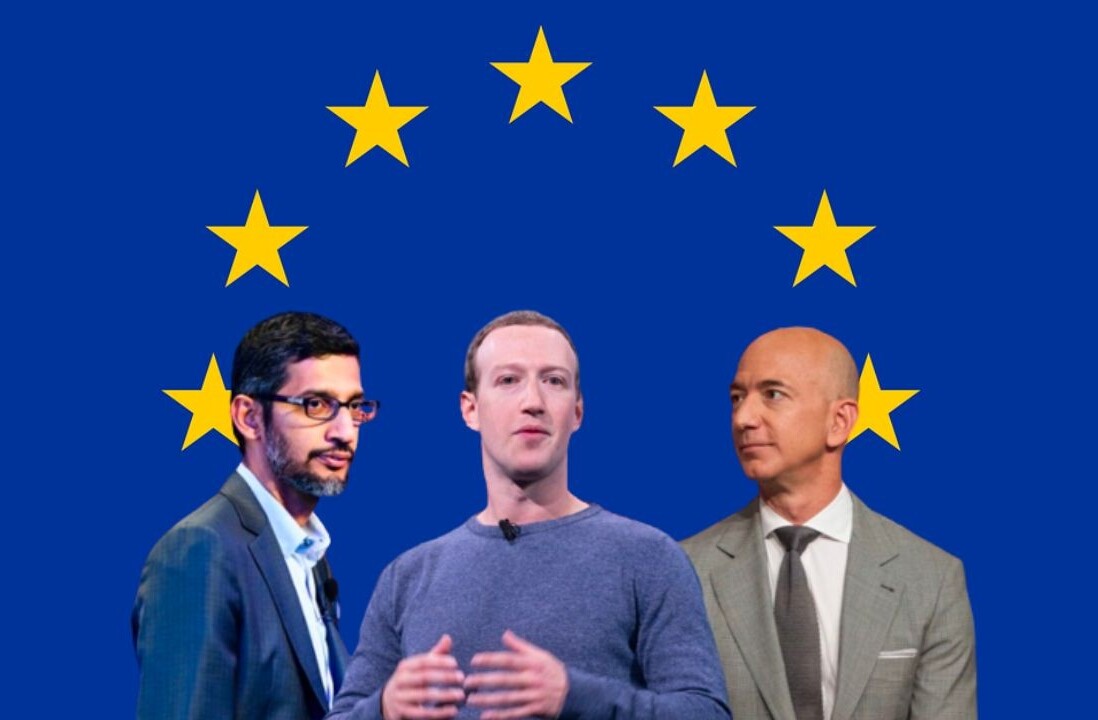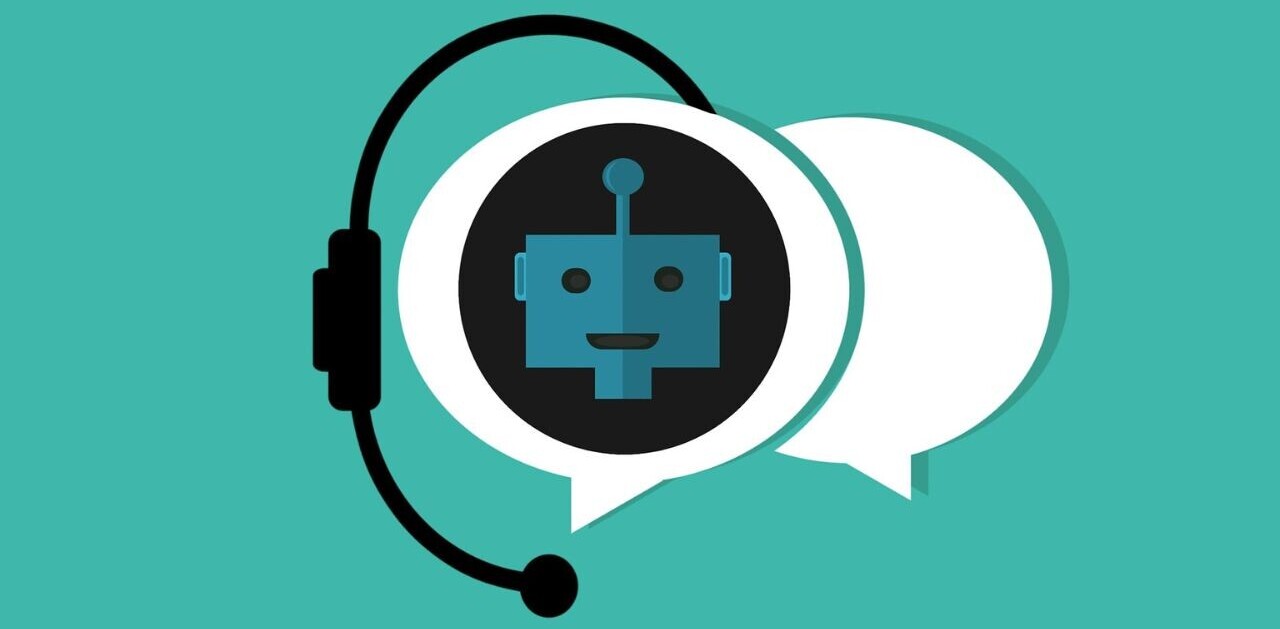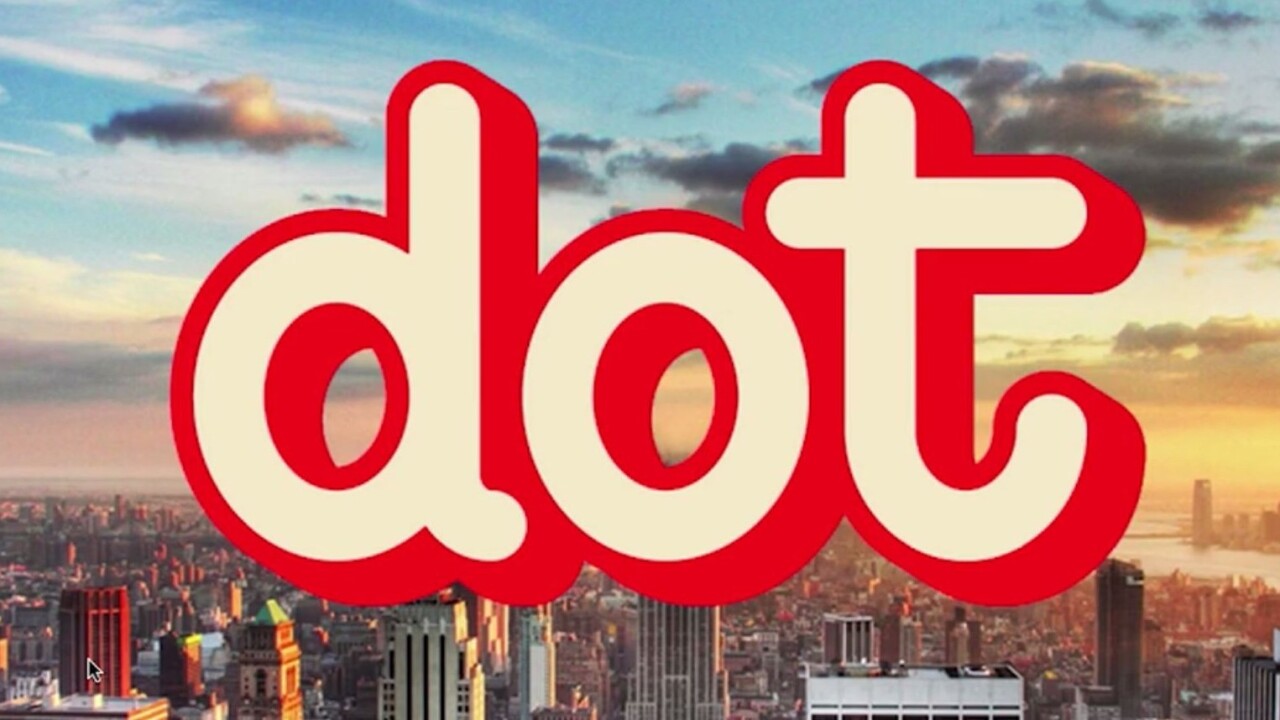
Each week we’re profiling one company that has been selected for Boost – our early-stage startup growth program. Catch up with these companies in person at The Next Web Conference Europe on April 23 & 24.
Can you remember a time before Google Maps and knowing how to go virtually anywhere with the device in your hand? Me neither.
Still, location apps aren’t a fully seamless experience. Sure, various mapping services will tell you where businesses are located and some basic details, but if you want to find out more niche information – perhaps where street art is located, or finding bars with fireplaces – you’ll have to use specialized maps living in different corners of the internet.
Dot wants to change that by being your all-access location hub for everything. Want to know where all the water fountains near you are? You can look that up. Looking for music stores that sell vinyl records? You can find that too.

When you open the app, you’re directly taken to a map of your surroundings, where you’ll see nearby pins and shared content from your friends. You can then choose to look up places, or add a post of your own.
Once you pin a coordinate, you’re asked to write a brief description using an Instagram-like hashtag sytem. These hashtags are then how other users are able to find the locations, just as you could search for images on Instagram.

It’s deceptively simple concept, but with a wide enough user base, could make location a lot more powerful. Whereas Google Maps and Yelp help you find locations and events, Dot has the potential to provide that same functionality with an added layer of discovery and nuance.

We got in touch with Dot founder Christian Verschareen to learn more about the company’s start and its ultimate mission.
Tell us what you do in two sentences
What Wikipedia does for what something is, Dot does for where it is.
What made you decide to get into the location game? What’s your origin story?
Dot evolved out of an idea we had years ago for a missed connections website, where you left a virtual message at a certain place, at a certain time in the past. We never built it because it seemed too niche. Years later, with smartphones being ubiquitous, it occurred to us that if we dropped the time dimension, it would have a broad appeal.
Who’s your biggest competitor and what do you do better than them?
Well we see every location-based service as a competitor, so we might not have one big one, but have a huge amount of small to medium-sized ones – I’m not sure what’s worse. The thing is they all start by being about something, there’s an app for coffee, an app for this, an app for that. We’re about nothing, so people can find their own uses – just the way Twitter is about nothing and gets used in different ways by different people.
Get rich or change the world – which is more important?
Well, I wouldn’t say get rich, but I have to admit right now what’s more important is stop being poor, my kids have had it with instant ramen.
Tell us a weird fact about someone on your team
Christian, one of the founders, sold his body to get the first money to start this venture. (Before you start imagining the wrong things: he sold it to science, testing experimental drugs for a pharmaceutical company.)
➤ Dot
Get the TNW newsletter
Get the most important tech news in your inbox each week.

